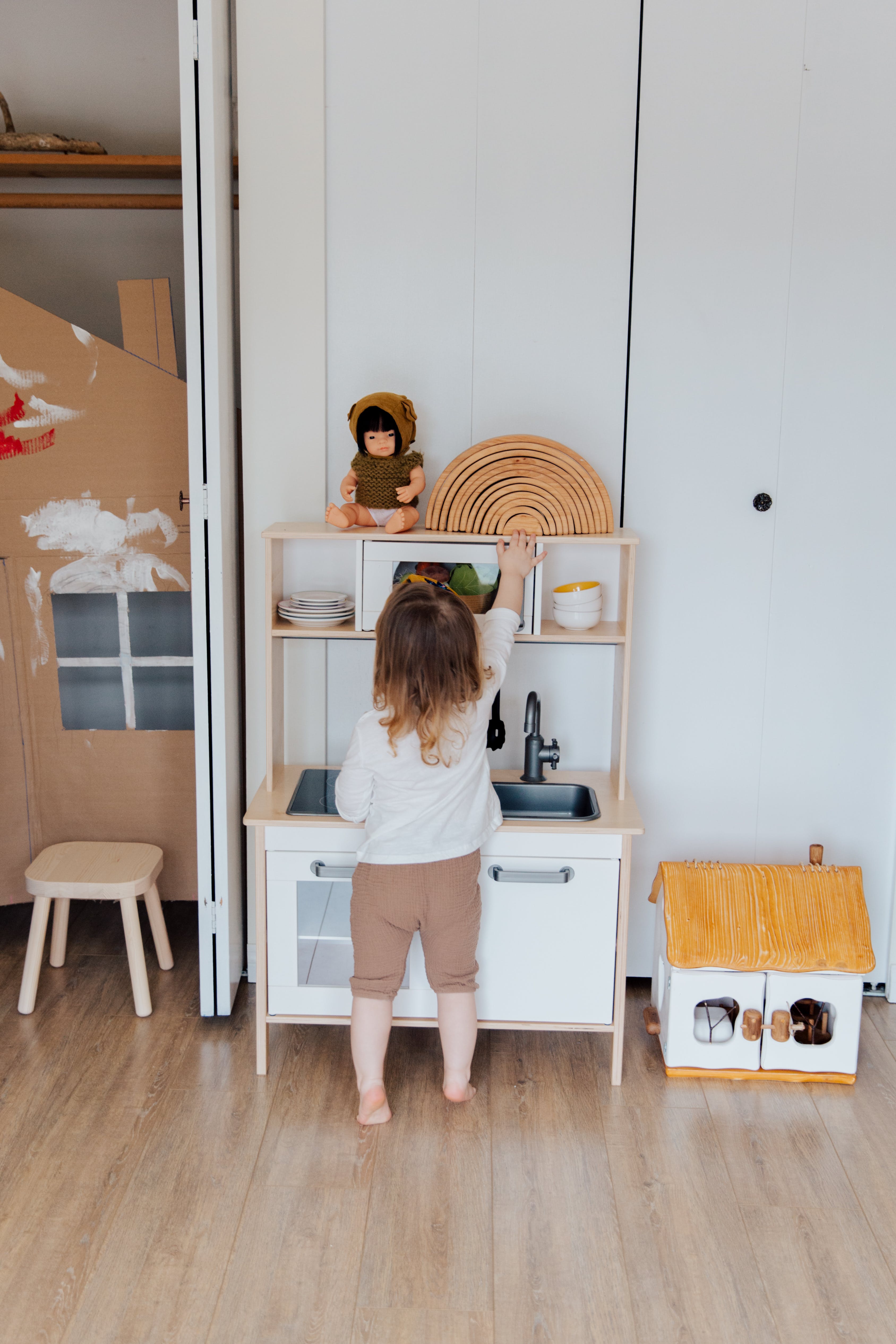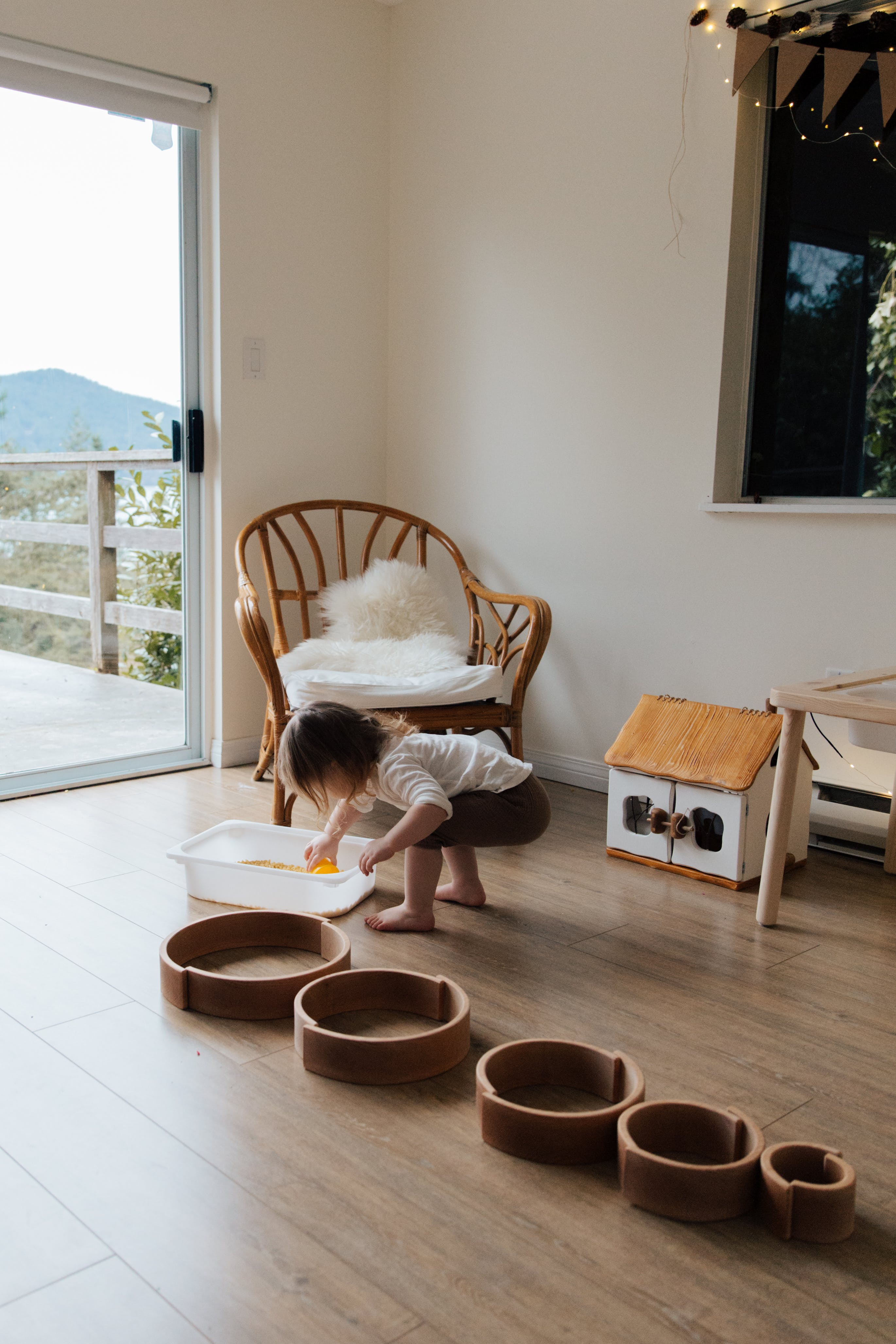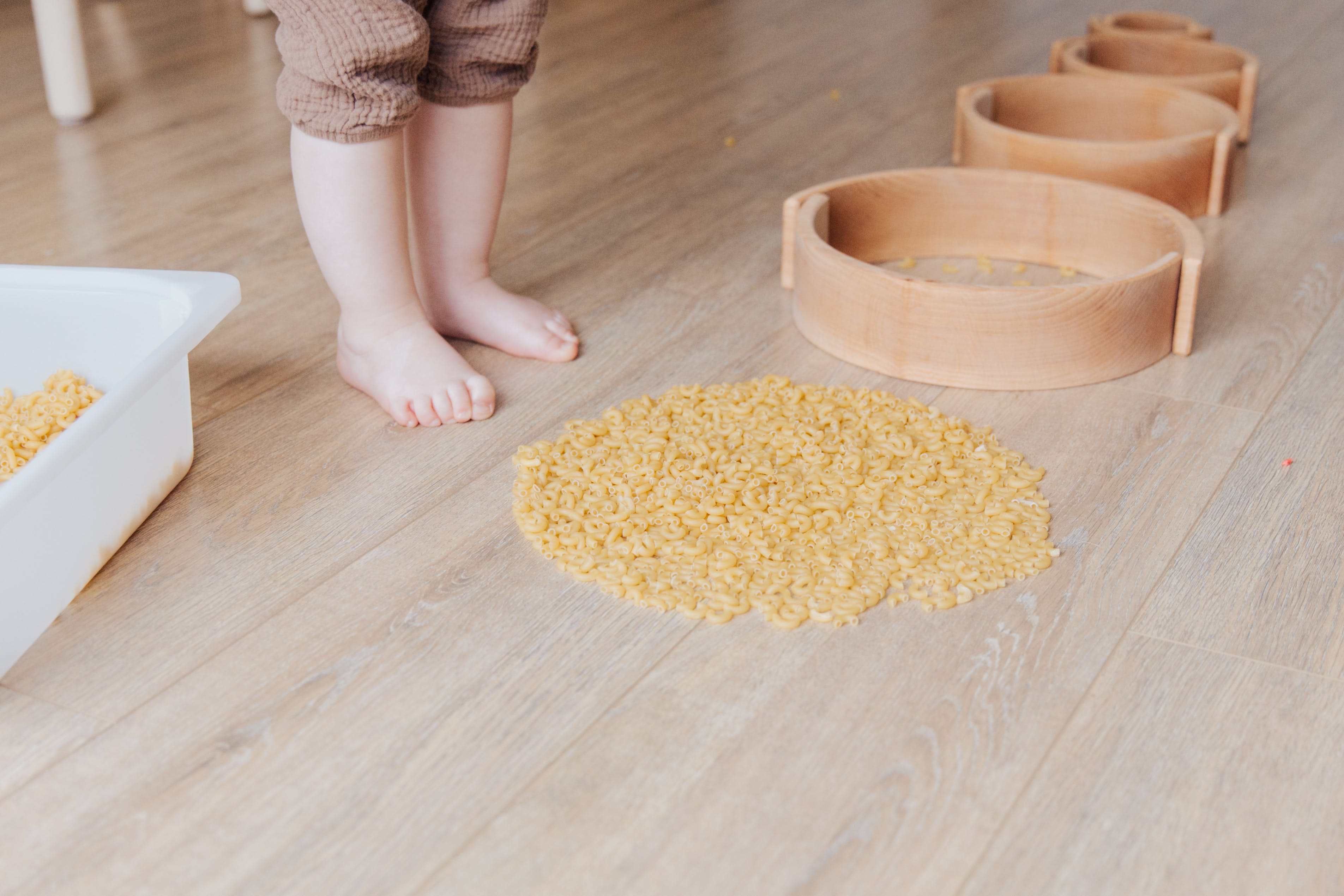Montessori education has been around for over a century, but it is still one of the most effective educational approaches today. At the heart of this approach is the Montessori Schoolhouse, which provides an environment that fosters independence, creativity, and critical thinking in children. This article will discuss what the Montessori Schoolhouse is, how it works, and its benefits to children.
Where is a Montessori Schoolhouse?

A Montessori Schoolhouse is a type of school that follows the Montessori method developed by Dr. Maria Montessori, an Italian physician and educator. The method emphasizes the importance of nurturing a child’s natural curiosity and love for learning by creating an environment that promotes exploration, discovery, and self-direction.
In a Montessori Schoolhouse, children are grouped according to their age, and the classrooms are designed with a wide range of learning materials that allow them to learn at their own pace. Teachers act as guides, providing individualized instruction and support as needed, but also allowing the children to take responsibility for their own learning.
How Does the Montessori Schoolhouse Work?

The Montessori Schoolhouse follows a curriculum that covers all areas of development, including cognitive, social, emotional, and physical. The curriculum is divided into five areas: practical life, sensorial, language, math, and cultural studies.
Practical Life
The practical life area teaches children life skills, such as how to dress themselves, pour water, and use utensils. These activities help them develop fine motor skills, concentration, and a sense of order.
Sensorial
The sensorial area focuses on developing the child’s five senses. It includes activities that involve matching, sorting, and grading different objects based on their attributes such as size, shape, color, texture, and sound. These activities help children develop their perceptual skills and cognitive abilities.
Language
In the language area, children learn to read and write through phonetics-based instruction. They also develop their vocabulary, grammar, spelling, and comprehension skills through various activities such as storytelling, word games, and poetry recitation.
Math
In the math area, children learn mathematical concepts through hands-on activities that use concrete manipulatives. This approach helps them understand math concepts by visualizing and manipulating objects, rather than relying on abstract symbols.
Cultural Studies
The cultural studies area covers geography, history, science, art, music, and foreign languages. Montessori education believes in providing a well-rounded education that exposes children to different cultures and experiences.
Benefits of Montessori Schoolhouse Education

Montessori education has been proven to have numerous benefits for children, including:
Independent Learning
The Montessori method encourages children to take responsibility for their own learning. Children are free to choose their activities, work at their own pace, and receive individualized instruction from their teachers. This approach fosters independence, self-discipline, and self-motivation.
Creativity and Critical Thinking
Montessori classrooms are designed to promote creativity and critical thinking. Children are encouraged to explore, experiment, and discover new things through hands-on activities. This approach helps children develop problem-solving skills, curiosity, and imagination.
Social Skills
Montessori education emphasizes social development as much as academic learning. Children learn to interact with others in a respectful and cooperative manner, and they develop empathy, kindness, and compassion towards others.
Multilingualism
Many Montessori schools offer foreign language instruction from an early age. This approach helps children develop a love for other cultures and languages, and it also has cognitive and academic benefits.
Environmental Awareness
Montessori education instills a love for nature and the environment. Children learn about the natural world through hands-on activities, and they develop a sense of responsibility towards the planet.
How to Choose a Montessori Schoolhouse?

When choosing a Montessori Schoolhouse, parents should consider several factors, such as:
Accreditation
Look for schools that are accredited by recognized Montessori organizations, such as the Association Montessori Internationale (AMI) or the American Montessori Society (AMS). Accredited schools follow strict standards and guidelines that ensure quality education.
Faculty Qualifications
Check if the teachers have Montessori training and certification from reputable organizations. Experienced and qualified teachers can provide effective guidance and support to children.
Classroom Environment
Visit the school and observe the classroom environment. Look for materials that are age-appropriate, well-maintained, and organized. A clean and inviting environment can enhance a child’s learning experience.
Parental Involvement
Check if the school encourages parental involvement in their child’s education. A supportive and collaborative relationship between parents and teachers can benefit the child’s learning and development.
FAQs
What age group does a Montessori Schoolhouse accept?
A Montessori Schoolhouse typically accepts children aged 2-6 years old. Some schools may offer programs for older children as well.
Is Montessori education only for gifted children?
No, Montessori education is suitable for all children regardless of their academic abilities or learning style. The method is designed to meet the individual needs and interests of each child.
Are there tests in a Montessori Schoolhouse?
Montessori education does not rely on standardized testing. Instead, teachers assess a child’s progress through observation and hands-on activities. This approach provides a more accurate and comprehensive understanding of a child’s development.
How does Montessori education prepare children for traditional schooling?
Montessori education prepares children for traditional schooling by developing their foundational skills in reading, writing, math, and other subjects. It also teaches them important life skills such as organization, time management, and problem-solving, which are essential for success in any educational setting.
Is Montessori education expensive?
The cost of Montessori education varies depending on the school and location. However, many Montessori schools offer financial assistance and scholarships to families who qualify.
Conclusion
A Montessori Schoolhouse provides a unique and effective approach to education that fosters independence, creativity, and critical thinking in children. By creating an environment that promotes exploration, discovery, and self-direction, children can develop their full potential and become lifelong learners. When choosing a Montessori Schoolhouse, parents should consider factors such as accreditation, faculty qualifications, classroom environment, and parental involvement to ensure quality education for their child.


